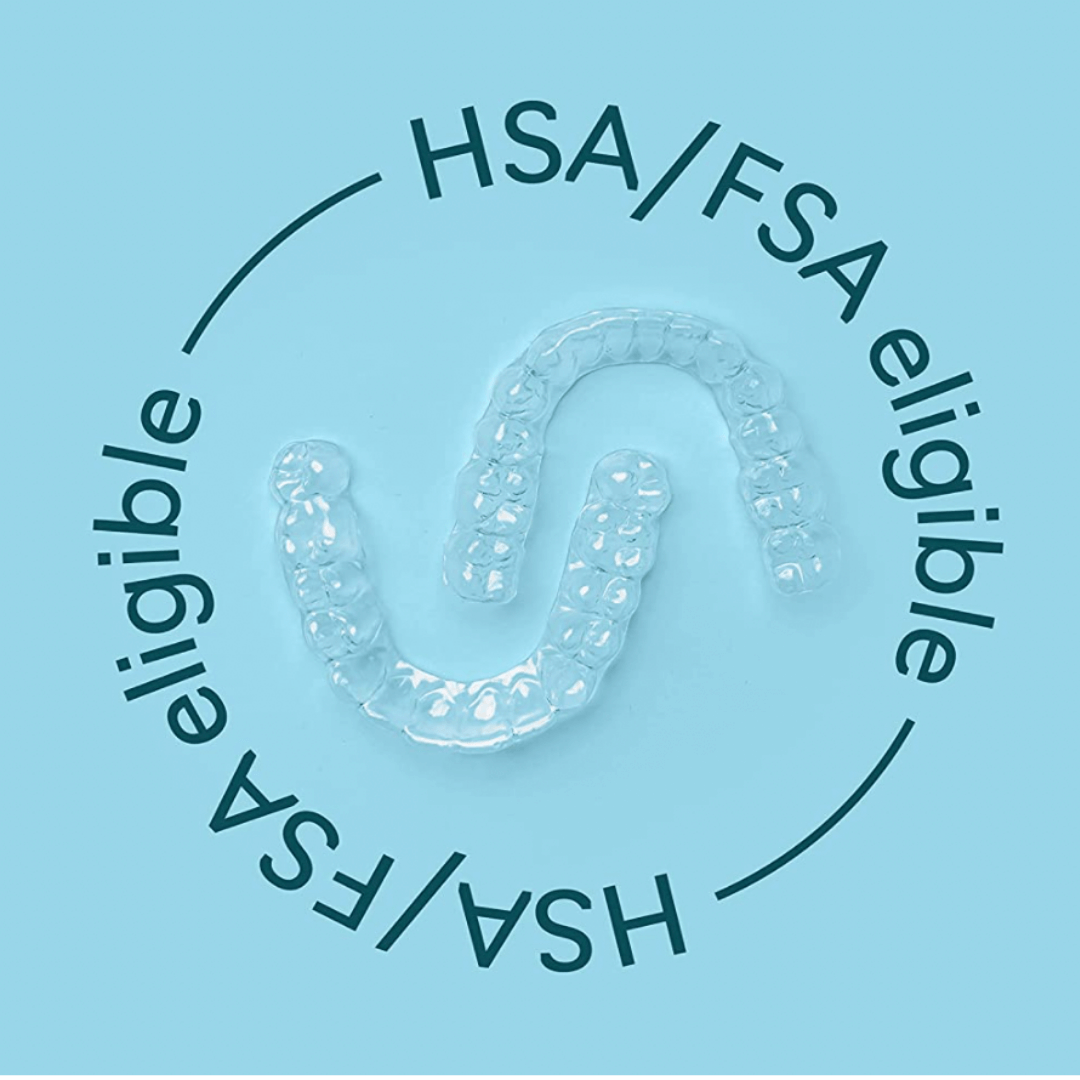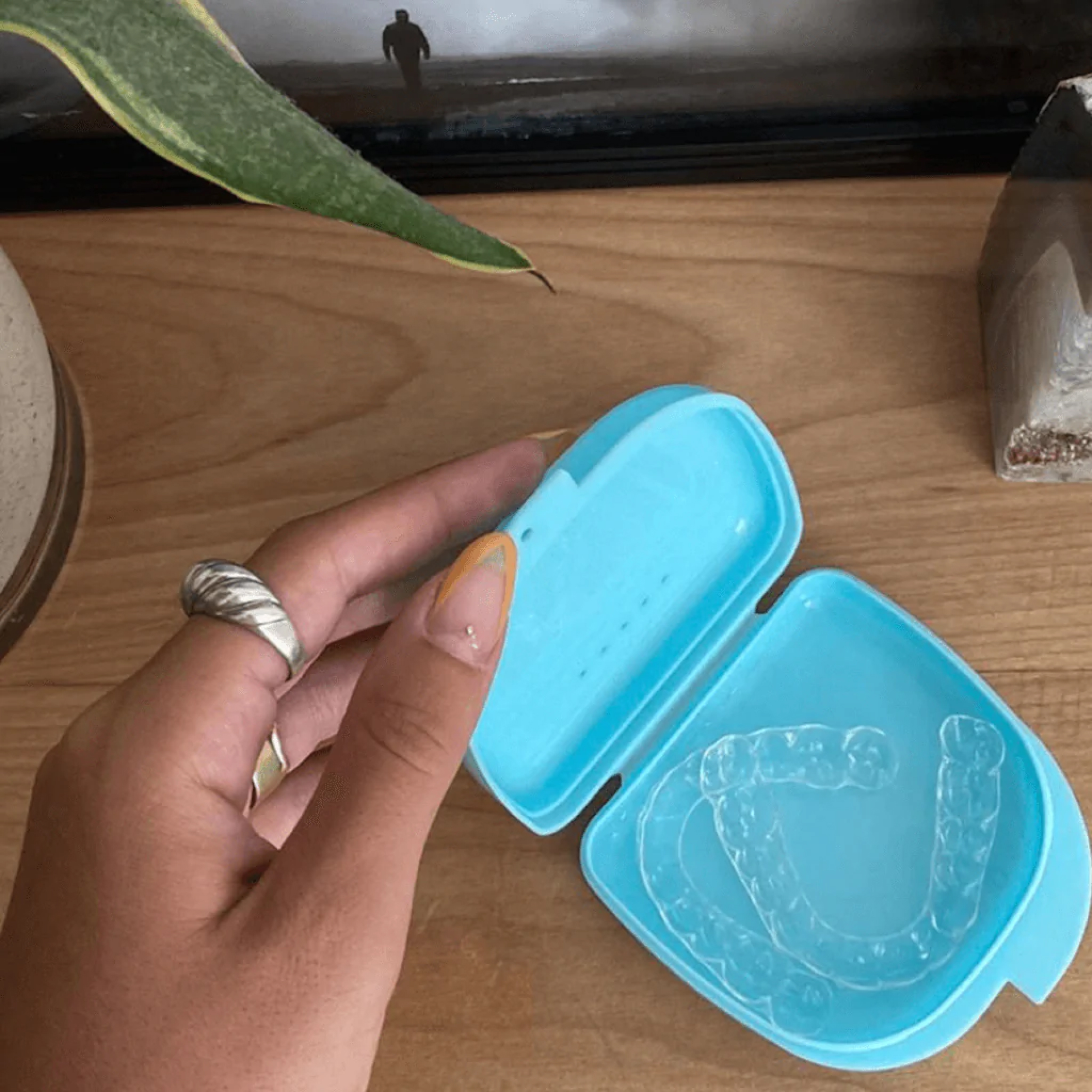Custom Teeth Grinding Night Guards: What You Need to Know
Teeth grinding, also known as bruxism, is a common condition that affects millions of people around the world. If left untreated, it can lead to serious dental problems and other health issues. Custom teeth grinding night guards are specifically designed to help protect your teeth and reduce the effects of bruxism. In this article, you'll learn about the causes, symptoms, and diagnosis of teeth grinding, the importance of using a night guard, different types of night guards, and how to properly care for your custom-made teeth grinding night guard.
Understanding Teeth Grinding (Bruxism)
Teeth grinding is a common dental problem that affects many people, especially during sleep. It is an involuntary habit that involves clenching and grinding the teeth, which can cause chronic discomfort and tooth damage. Understanding the causes, symptoms, and consequences of teeth grinding is crucial to identifying potential solutions and safeguarding your oral health.
Teeth grinding, also known as bruxism, can result from a variety of factors, including stress, anxiety, sleep disorders, and abnormal tooth alignments. When left untreated, it can lead to severe dental problems, such as tooth loss and temporomandibular joint disorder (TMJ).
Causes of Teeth Grinding
Although the exact cause of teeth grinding is not entirely understood, it is believed to be linked to various physical and psychological factors. Stress and anxiety are among the most common causes of teeth grinding. When you are stressed or anxious, you may clench your jaw or grind your teeth without even realizing it.
Obstructive sleep apnea (OSA) is another common cause of teeth grinding. OSA is a sleep disorder that causes breathing to repeatedly stop and start during sleep. This interrupted breathing can cause you to wake up frequently during the night, leading to teeth grinding.
Abnormal tooth alignment can also cause teeth grinding. If your teeth do not fit together properly, it can cause you to grind your teeth while you sleep. Additionally, alcohol consumption and use of certain medications can contribute to teeth grinding.
If you suspect that you may be grinding your teeth, it is important to consult with a dental professional to determine the specific cause of your teeth grinding and find an appropriate treatment plan.
Symptoms and Effects of Teeth Grinding
Teeth grinding can have a range of symptoms and effects on your oral health. Some common symptoms of teeth grinding include headaches, jaw pain, tooth sensitivity, facial muscle fatigue, and worn tooth enamel. In severe cases, teeth grinding can cause fractured or chipped teeth.
Continuous teeth grinding can lead to severe dental problems, such as tooth loss and temporomandibular joint disorder (TMJ). TMJ is a condition that affects the joint that connects your jawbone to your skull. It can cause pain, discomfort, and difficulty opening and closing your mouth.
If you suspect you may be grinding your teeth, it is essential to seek professional help to prevent further damage to your teeth and overall oral health.
Diagnosing Bruxism
A dental professional can diagnose bruxism by reviewing your symptoms and examining your teeth and jaw. They may also ask about your lifestyle and sleeping habits to identify possible underlying causes. In some cases, a sleep study may be recommended to assess the severity of teeth grinding and evaluate whether a sleep disorder may be contributing to the problem.
In conclusion, teeth grinding is a common dental problem that can have severe consequences if left untreated. Understanding the causes, symptoms, and effects of teeth grinding is crucial to identifying potential solutions and safeguarding your oral health. If you suspect that you may be grinding your teeth, it is important to consult with a dental professional to determine the specific cause of your teeth grinding and find an appropriate treatment plan.
The Importance of Night Guards
Night guards are dental appliances designed to protect your teeth from the harmful effects of teeth grinding. They act as a barrier between your upper and lower teeth, preventing them from grinding against each other and causing damage.
How Night Guards Protect Your Teeth
Night guards work by redistributing the pressure exerted by your jaw muscles during teeth grinding. This helps protect your teeth from wear and tear, reduces tooth sensitivity, and prevents the development of more serious dental issues like fractures and tooth loss.
Additionally, night guards can help alleviate some of the symptoms associated with teeth grinding, such as headaches and jaw pain, by providing a cushioning effect that reduces the strain on your jaw muscles and joints.
The Benefits of Using a Night Guard
Using a night guard comes with several benefits. These include:
- Reduced tooth wear and damage
- Alleviation of jaw pain and headaches
- Improved sleep quality
- Prevention of tooth sensitivity
By using a night guard consistently, you can significantly reduce the negative effects of teeth grinding and protect your oral health in the long term.
Different Types of Night Guards
There are several types of night guards available, including over-the-counter options and custom-made night guards. Over-the-counter night guards are easily accessible and affordable, but they may not provide the same level of protection and comfort as a custom-made night guard. Custom night guards are specifically designed to fit the unique contours of your teeth and provide optimal protection and comfort.
Custom Teeth Grinding Night Guards
Custom teeth grinding night guards offer several advantages over their over-the-counter counterparts. They are specially designed to meet your individual needs, ensuring a comfortable and effective solution to teeth grinding.
How Custom Night Guards are Made
Custom night guards are created using a mold of your teeth, which is taken by your dentist or obtained using a do-it-yourself impression kit. The mold is sent to a dental lab, where the custom night guard is crafted from high-quality dental materials. This process ensures a precise fit that provides optimal comfort and protection against teeth grinding.
Advantages of Custom Night Guards
Custom night guards offer several benefits over over-the-counter options, including:
- Better fit and comfort
- Increased durability
- Optimal protection against teeth grinding
- Less likelihood of slipping during sleep
While custom night guards may be more expensive, they are an investment in your oral health that can help prevent costly dental issues and improve your overall quality of life.
Comparing Custom Night Guards to Over-the-Counter Options
When choosing between a custom night guard and an over-the-counter option, it's essential to consider the difference in quality, protection, and comfort. Custom night guards are made from higher-quality materials, ensuring a better fit and optimal protection against teeth grinding. Over-the-counter night guards may be more affordable, but their fit and effectiveness may be compromised, potentially leading to insufficient protection and increased discomfort during sleep.
Caring for Your Custom Night Guard
Proper care and maintenance of your custom night guard are crucial to ensure its effectiveness and longevity. Regular cleaning, appropriate storage, and timely replacement are all essential aspects of night guard care.
Cleaning and Maintenance Tips
Keep your custom night guard clean and free of bacteria by following these maintenance tips:
- Brush your night guard gently with a toothbrush and mild soap after each use
- Rinse thoroughly with water to remove any soap residue
- Allow the night guard to air dry completely before storing it
- Use a denture or retainer cleaning solution periodically for a deep clean
By keeping your night guard clean, you'll prevent the buildup of bacteria and extend its lifespan.
When to Replace Your Night Guard
Over time, your custom night guard may wear down and require replacement. Signs that it's time to replace your night guard include:
- Noticeable wear or thinning of the material
- Cracks or breaks in the night guard
- Decreased comfort or efficacy
Consult with your dentist if you notice any of these signs to determine whether a replacement is necessary.
Storing Your Night Guard Properly
Proper storage is essential for maintaining the effectiveness of your night guard. Store your night guard in a clean, ventilated case that allows air to circulate and prevents the growth of bacteria. Avoid exposing your night guard to direct sunlight or high temperatures, as this may cause the material to warp or become damaged.
By following these guidelines, you can ensure the longevity and effectiveness of your custom teeth grinding night guard and protect your oral health for years to come.




